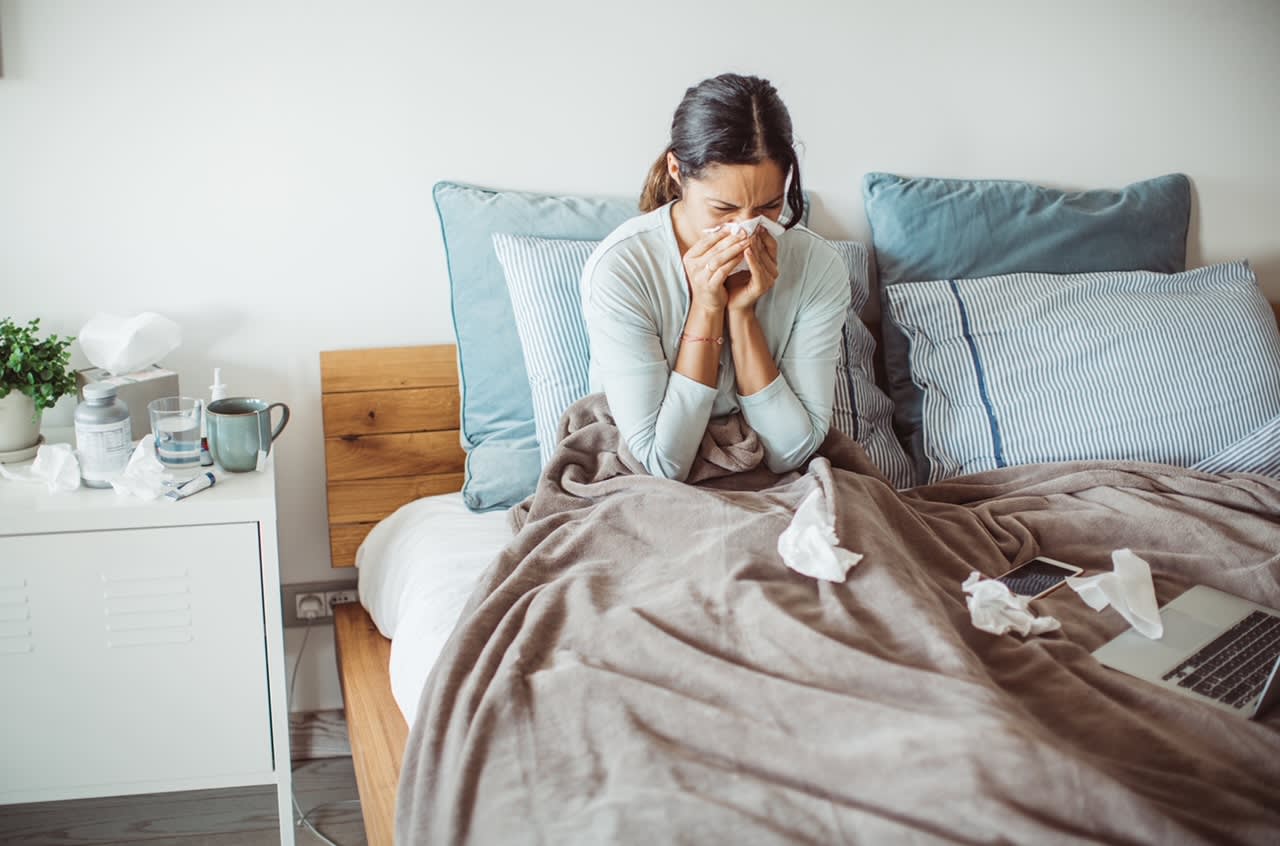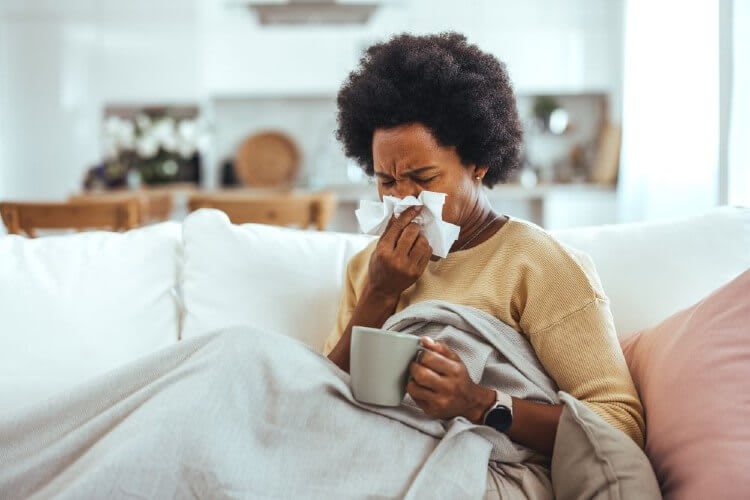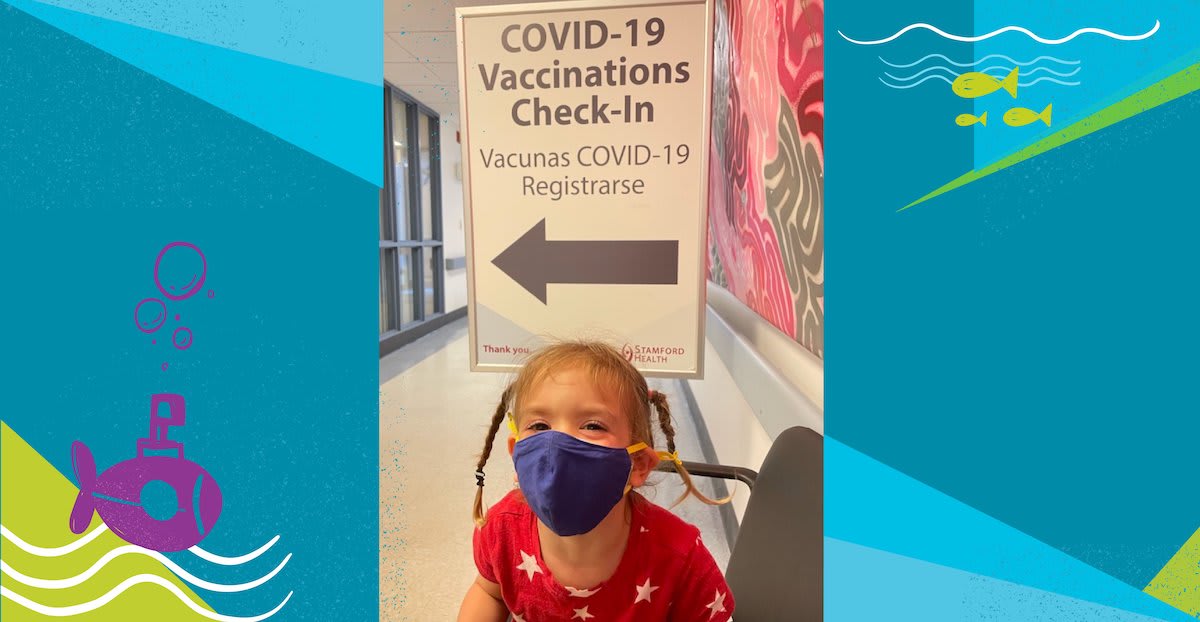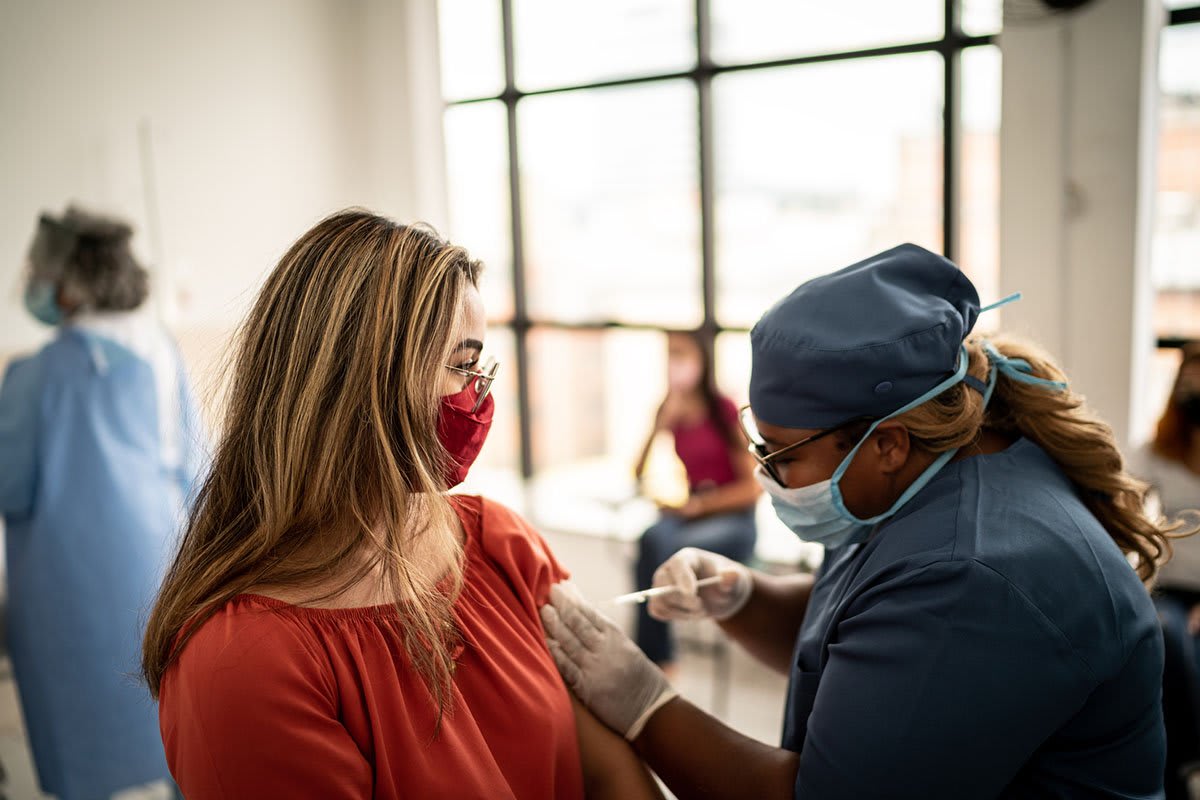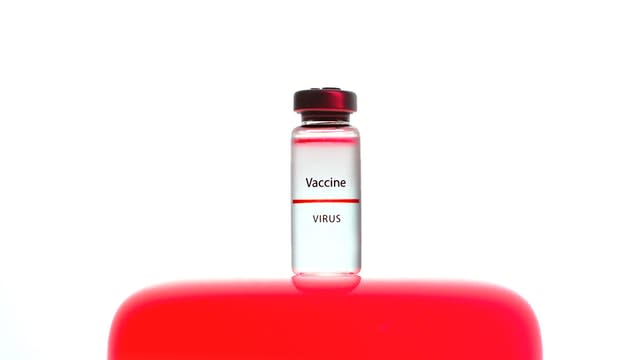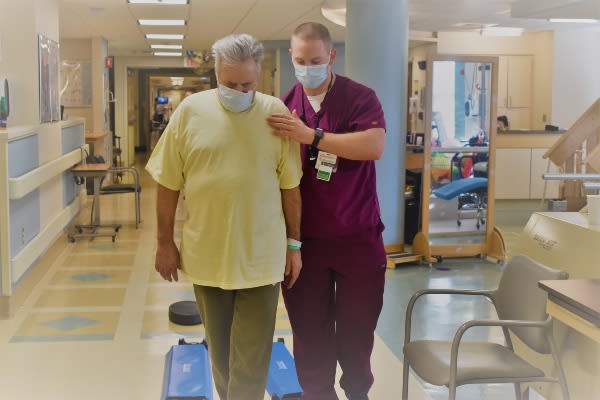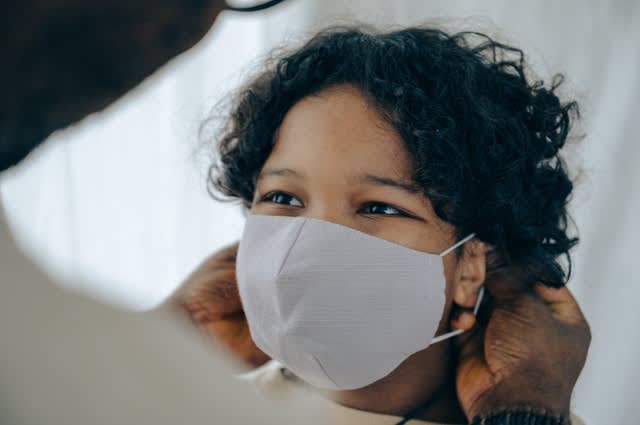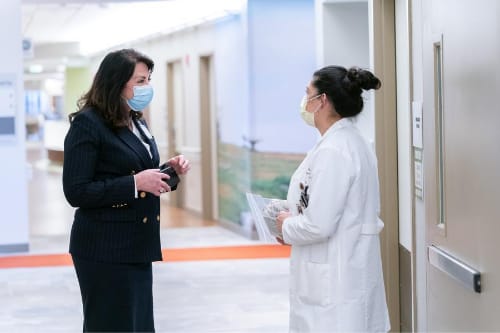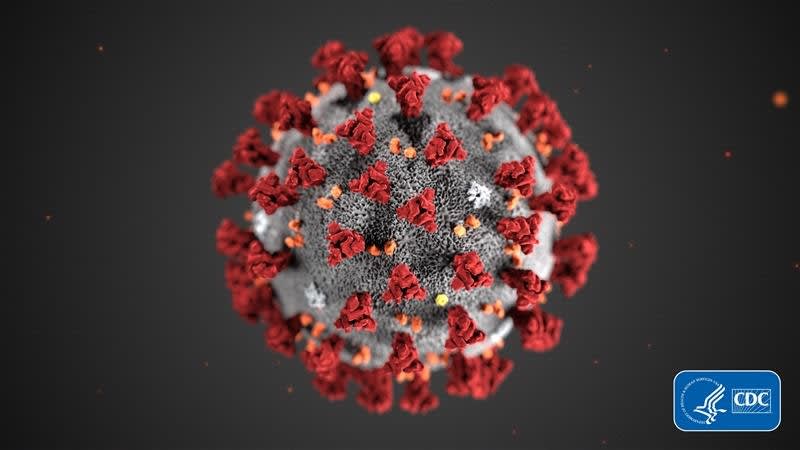Feeling under the weather? How to tell if it's just the sniffles
Published: May 24, 2022l
Both flu and COVID-19 rates are on the rise: Cases of influenza are increasing locally and around the state, both in children and adults. All counties in Connecticut are at either a medium or high COVID-19 community level after weeks of being lower. Hospitalizations for both illnesses are up.
To top it all off, we are also in allergy season. It can be difficult to know what to do if you have a few sniffles or feel just a tad off. Here is some advice:
For both flu and COVID-19, if you test positive and are at high risk of severe illness, there are therapeutics available to prevent hospitalization. The key is that you need to take these medications early, so communicate with your doctor as soon as you test positive.
If you or someone you live with are at high risk for severe illness, it may make sense to mask in public settings and avoid large gatherings. At this point, it is up to you and your family to determine which mitigation methods you want to follow.
It's worth a reminder that if you haven't gotten vaccinated or boosted yet, now is a great time. Flu vaccines are not readily available, but you may be able to find a provider who has a few doses left. If you missed getting a flu shot in the fall, it could be worthwhile to get one now.
If you’ve been putting off getting a COVID-19 vaccine or booster, schedule an appointment. The best way to prevent severe illness is with vaccination.
To top it all off, we are also in allergy season. It can be difficult to know what to do if you have a few sniffles or feel just a tad off. Here is some advice:
1. Get tested.
What seems like a light cold could be the start of the flu or COVID-19. If you have rapid COVID-19 tests at home, take them a few days in a row. If after two or three days of testing you remain negative for COVID-19, but still don’t feel great, it’s worth visiting your primary care physician to get tested for the flu.For both flu and COVID-19, if you test positive and are at high risk of severe illness, there are therapeutics available to prevent hospitalization. The key is that you need to take these medications early, so communicate with your doctor as soon as you test positive.
2. Follow mitigation strategies that make sense for you and your family.
The same strategies that help to stop the spread of COVID-19 work similarly as well for the flu: masking, handwashing, staying home when you’re sick, social distancing, and testing when you’re symptomatic.If you or someone you live with are at high risk for severe illness, it may make sense to mask in public settings and avoid large gatherings. At this point, it is up to you and your family to determine which mitigation methods you want to follow.
It's worth a reminder that if you haven't gotten vaccinated or boosted yet, now is a great time. Flu vaccines are not readily available, but you may be able to find a provider who has a few doses left. If you missed getting a flu shot in the fall, it could be worthwhile to get one now.
If you’ve been putting off getting a COVID-19 vaccine or booster, schedule an appointment. The best way to prevent severe illness is with vaccination.
About the Author
Asha Shah, MD, MS is the director of infectious diseases and hospital epidemiologist at Stamford Health.Featured Expert/ Author


